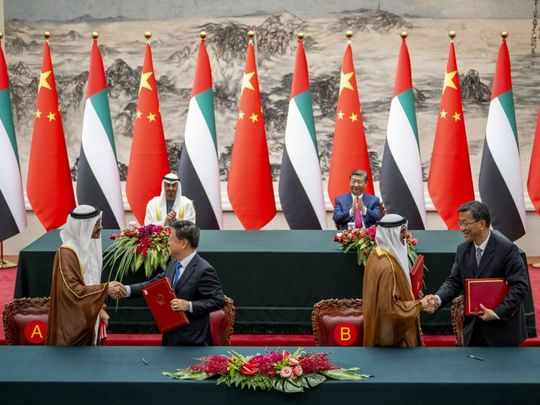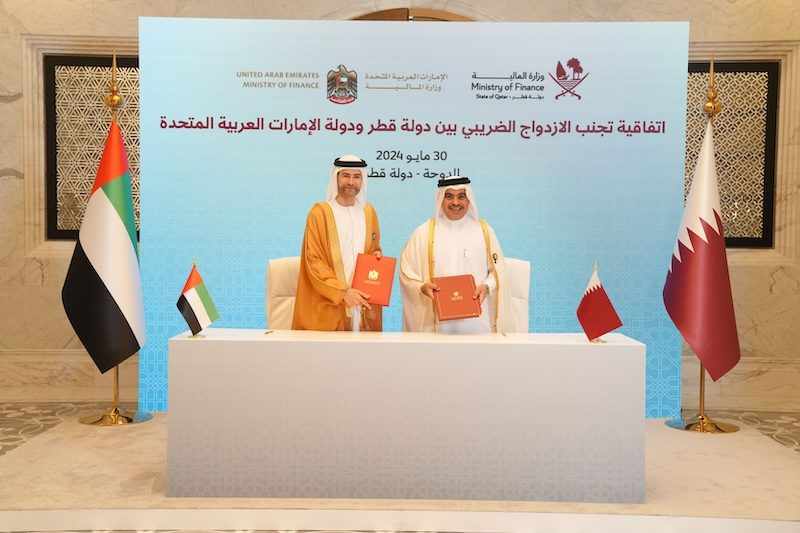UAE Corporate Tax: Businesses must be strict on maintaining records
- Date: 06-Nov-2023
- Source: Gulf News
- Sector:Financial Services
- Country:UAE
UAE Corporate Tax: Businesses must be strict on maintaining records
Dubai: UAE businesses, especially the small and mid-sized ones, will need to maintain meticulous records of all their transactions if they don’t want to fall foul of their upcoming corporate tax obligations.
Industry sources say that the process will be relatively straight forward where the bigger entities are concerned, but it could be a whole lot complicated others.
One grey area could be in recording ‘inter-company service agreements’. “Business typically do not maintain any contractual agreement for such services,” said Rakesh Nair, Director for Corporate Tax at the consultancy Crowe UAE. “These agreements would be crucial from a ‘transfer pricing’ perspective.”
In a business environment such as the UAE (and the wider Gulf), single shareholder (or a group) owned companies are the norm. And it’s also standard practice for these companies to share services.
With the UAE’s corporate tax in effect, such shared services have come under greater scrutiny.
What companies should ‘record’
According to Nair, copies of all invoices ‘substantiating the claims of expenditure’ need to be maintained. And there should be ample proof offered for free zone enterprises to show they have significant economic ‘substance’.
“Businesses should also show supporting calculation for cost sharing arrangements (if any),” said Nair.
“There should also be bifurcation between expenses





















